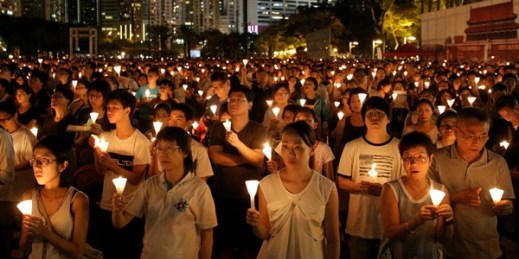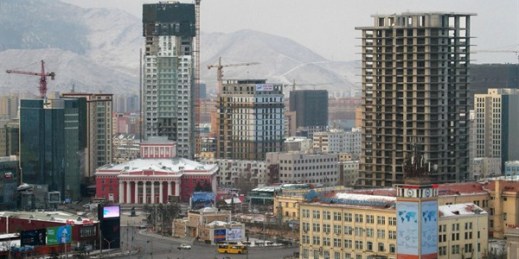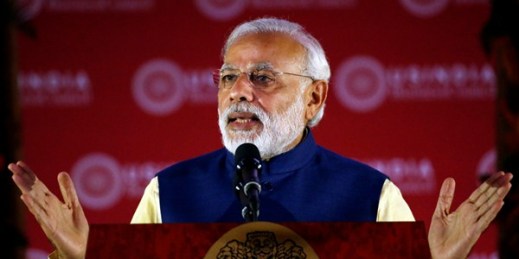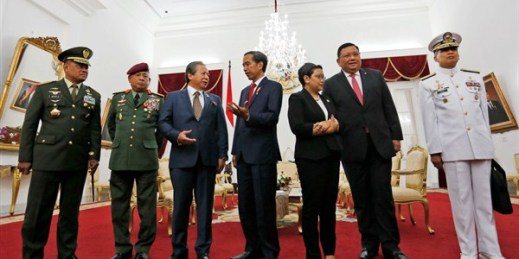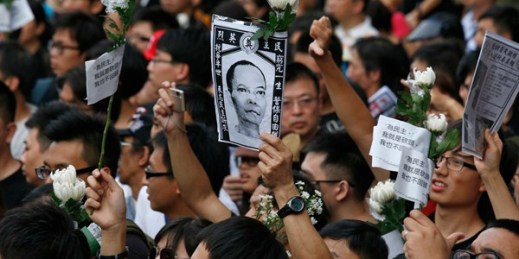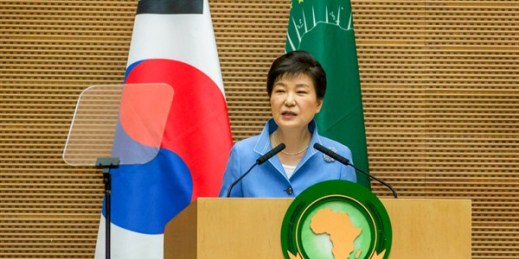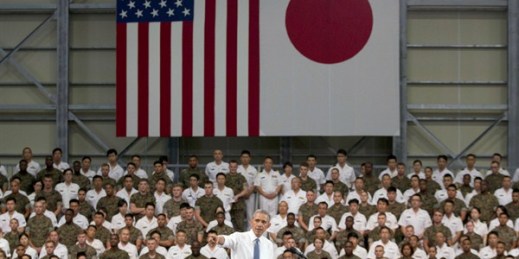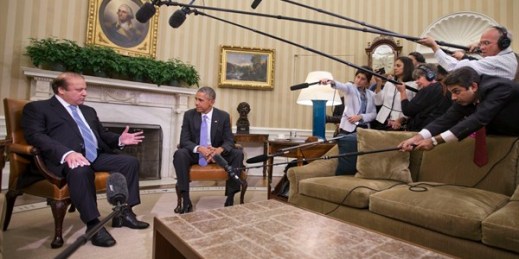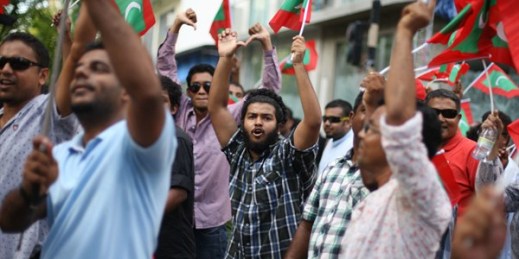
On June 5, the Maldives’ former vice president, Ahmed Adeeb, was convicted of attempting to assassinate its president, Abdulla Yameen, the latest politically motivated court case against the opposition. In an email interview, New Delhi-based journalist Vishal Arora discusses the state of democracy and rule of law in the Maldives. WPR: What is the state of democracy and rule of law in the Maldives, and how has the space for political dissent been reduced since the 2012 resignation of former President Mohamed Nasheed, his subsequent arrest and trial, and the legal proceedings against other opposition leaders? Vishal Arora: While democratic […]

